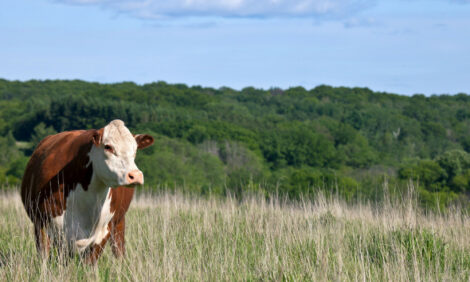



Indian Dairy Welfare Code Reaches Local Level
INDIA - Local government are being issued advice as to how best implement the new national code of practices for managing dairy animals.The Animal Welfare Board of India (AWBI) released advice on animal husbandry, breeding, feed and housing.
Informing the code is the mantra that dairy animals raised humanely are healthier and more productive.
The issue in recent years, however, is that, as demand for milk increases, more and more cows and buffaloes are at risk of suffering painful health problems and shorter lifespans due to over breeding, poor housing, confinement and over medication.
As such, it can help to ensure humane and sustainable agriculture practices for high welfare milk production.
All state governments are requested to implement the Code of Practices as a parameter and reference for dairy cattle management in India.
Reacting to the new code practices for animals, Gajender Sharma, World Animal Protection Country Director, said: “This is a significant step to improving the lives of millions of dairy animals in India.
"Through our partnership with the NDRI and the endorsement of the Code of Practices by the AWBI, we are helping India’s dairy farmers to adopt better animal husbandry practices, to increase milk production and quality, while protecting animals.”
The Code of Practices has been developed by the National Dairy Research Institute (NDRI) in association with World Animal Protection, to help improve the welfare of over 50 million dairy animals in commercial facilities across the country.
The AWBI has specified that all cattle premises in the state must be registered according to the Registration of Cattle Premises Rules, 1978 under Prevention of Cruelty to Animals Act 1960.
And while registering and during inspections, the National Code of Practices of Management of Dairy Animals in India should be used as guidelines to ensure welfare of dairy animals.
In addition, the AWBI has requested that the Commissioner of Animal Husbandry Department of India encourage and ensure welfare of cattle, including training to implement the recommendations of the Code of Practices across the country.
The President of the Veterinary Council has also been asked by the AWBI to introduce the Code of Practices to the veterinary curriculum and to ensure veterinary students are equipped to implement its practices.



